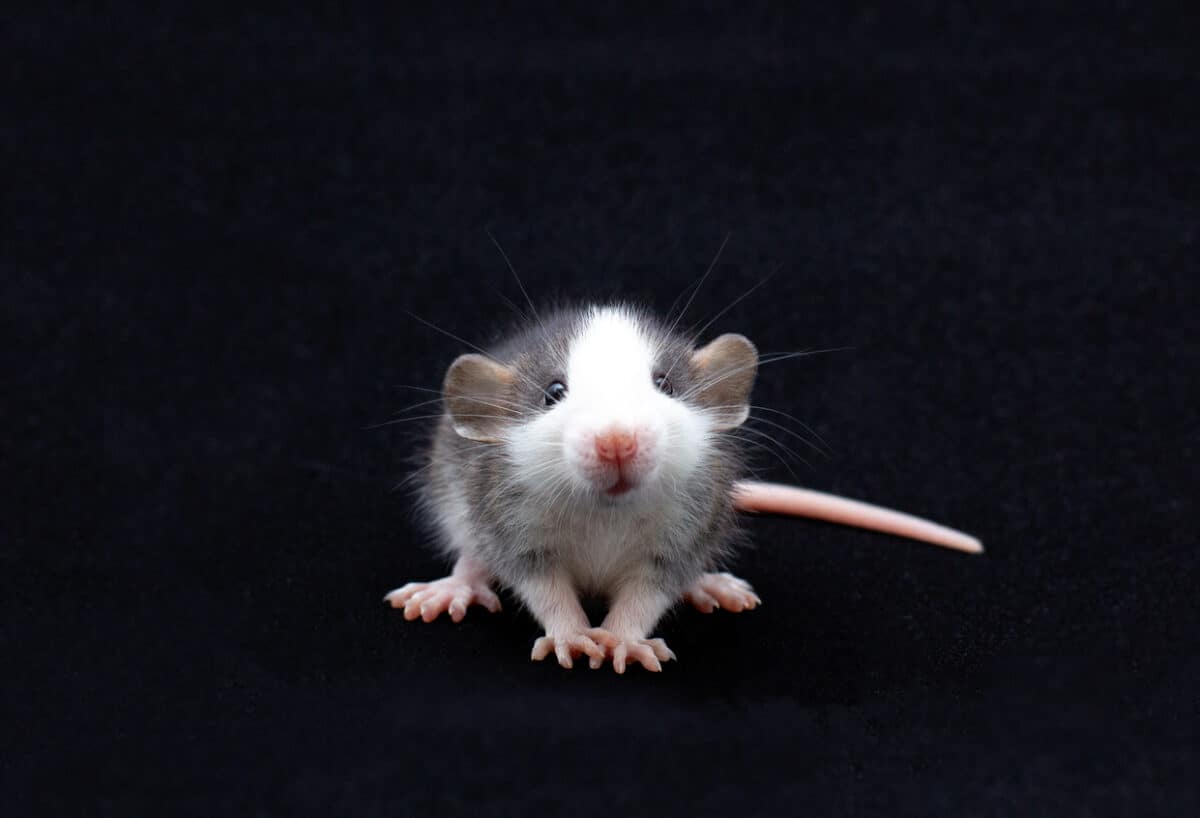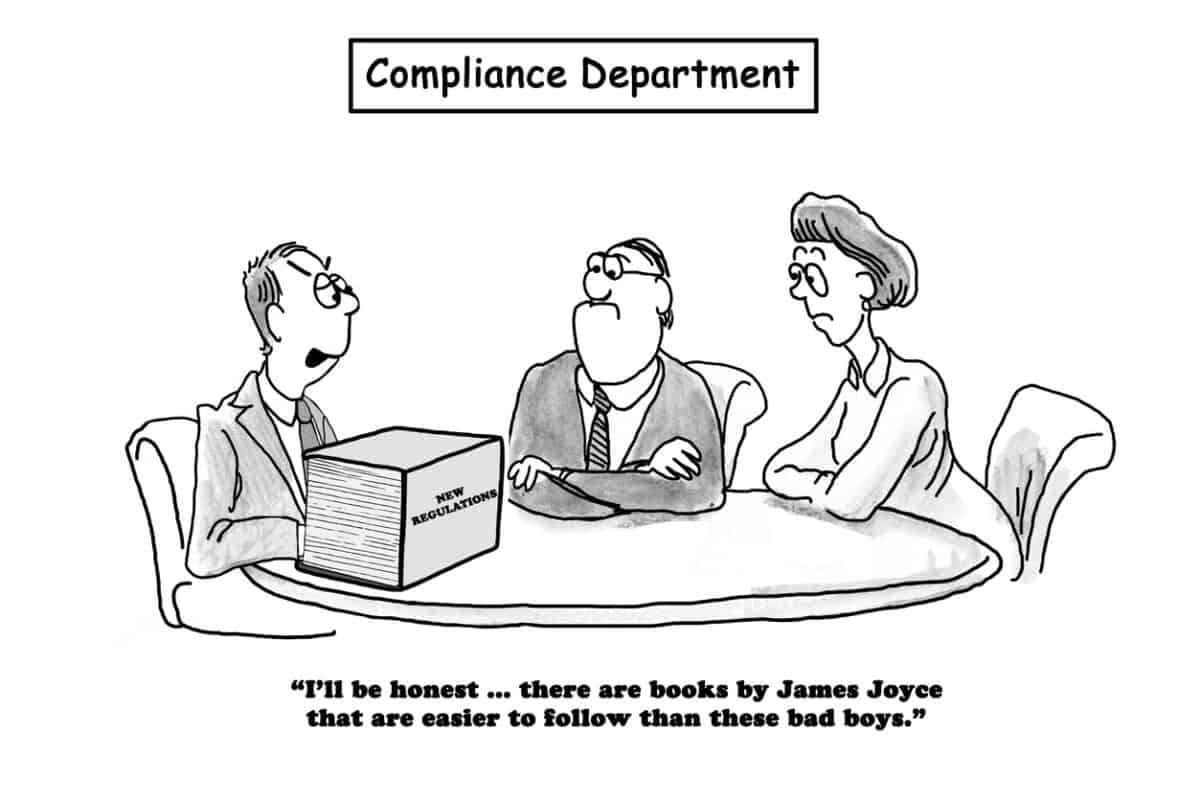South Australia (SA) goes to an election in March 2022, so it is a good time to examine any occupational health and safety (OHS) policies.
As per usual, the policies of the incumbent Liberal Party government are vague on broad themes like worker safety but can include specific pledges – new roads, better electricity system, for instance. These activities need workers, and Victoria’s infrastructure strategy, its “Big Build“, has performed politically well for Victoria’s Premier Dan Andrews.
The SA branch of the Australian Labor Party has a document of their current policies, and here are some of those related to workplace health and safety:






